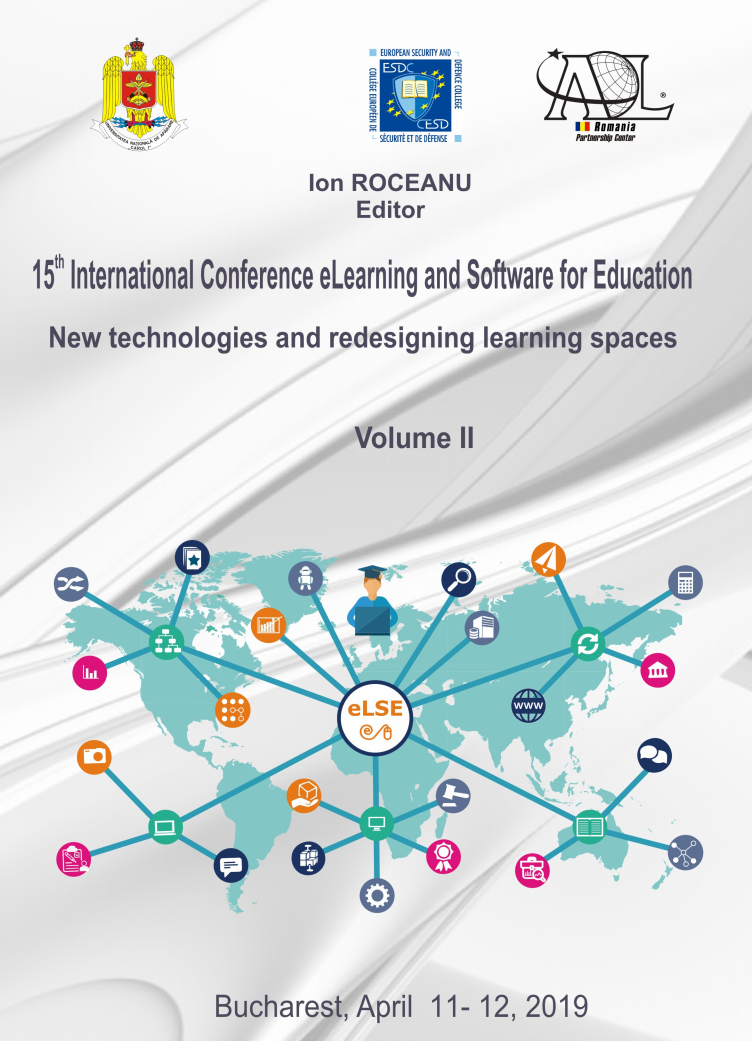Sustained Silent Reading and Specialised Vocabulary for ESP. A Case Study
Sustained Silent Reading and Specialised Vocabulary for ESP. A Case Study
Author(s): Alexandra CotocSubject(s): Social Sciences, Education, Higher Education
Published by: Carol I National Defence University Publishing House
Keywords: sustained silent reading; ESP; crowdsourcing; analogue and digital entries; specialised vocabulary;
Summary/Abstract: Sustained silent reading is a weekly routine activity meant to enhance students’ interest in extended reading of authentic texts, meant to improve their critical thinking abilities, socio-cultural knowledge, attention, reading skills and vocabulary. Hence, in our ESP course, SSR is used as a weekly activity both in class and at home, introducing our students to the topic under focus, but also keeping them engaged with the topic for the entire week. Our SSR project represents a continuation of a pilot project initiated in the academic year 2017-2018 and involves the students at the Faculty of Psychology and Educational Sciences. The SSR project 2018-2019 involves nine steps: 1. students familiarisation with the SSR concepts and requirements’ announcement; 2. texts sharing using google drive; 3. Weekly Facebook posts; 4. SSR performance during class time; 5. SSR homework; 6. analogue entry; 7. Optional delivery of presentations; 8. Online entry; 9. end of semester vocabulary test. As such, for ten minutes, at the beginning of each course, students have to read a text which focuses on the topic discussed in that course and selected by the teacher. The texts chosen are longer texts that the students have to finish at home. Students also receive the assignment to select three concepts from all the texts chosen for the SSR activity and three other concepts that they encountered in other courses and which are linked to their fields in general. They have to introduce them in a survey at the end of the semester, mentioning for each of them a definition, a context/a situation that reflects the usage of the concept and a translation. In order to prepare the students for this survey, during several courses, after SSR, the language instructor collects specialised concepts from the students, by involving them in various collaborative and interactive classroom activities. At the end of semester, students have the option to deliver presentations based on the SSR texts and the end of semester exam also contains concepts from the SSR. The SSR is an activity that helps our students improve their ESP skills, but at the same time, it has as an end result a collection of specialised texts and terminology, using a crowdsourcing technique which involves our students and gives them the role of experts in their fields.
Journal: Conference proceedings of »eLearning and Software for Education« (eLSE)
- Issue Year: 15/2019
- Issue No: 02
- Page Range: 381-387
- Page Count: 7
- Language: English

